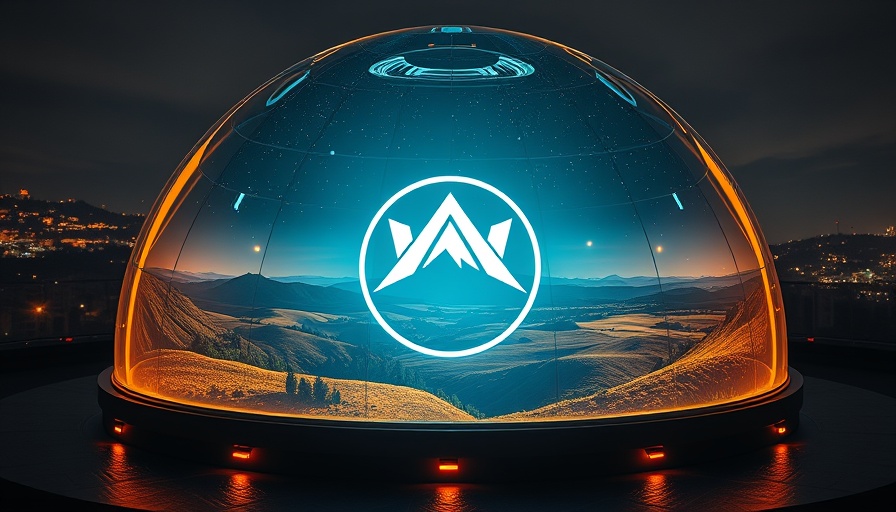
Google’s Bold Leap Into AI-Cinema Integration
In an audacious move that merges classic cinema with cutting-edge technology, Google is set to breathe new life into the iconic film, The Wizard of Oz. This initiative, revealed by CEO Sundar Pichai during the Cloud Next event at the innovative Las Vegas Sphere, not only redefines how we consume films but also highlights the transformative power of artificial intelligence in the arts. The augmented version of the movie is not just an exercise in nostalgia; it promises to create a highly immersive experience for audiences.
Transforming Classics with AI: The Process Unveiled
The remastered Wizard of Oz is first and foremost an experiment in cinematic restoration using sophisticated AI techniques. Google's integration of AI capabilities, particularly 'super resolution,' is key to expanding the film's original aspect ratio to fill the Sphere's colossal LED screen, measuring 160,000 square feet. This involves AI-generated pixels that enhance clarity without compromising the film's original integrity, a challenging feat considering the inherent limitations of film produced decades ago.
Moreover, the use of 'outpainting'—where AI is tasked with generating new imagery beyond existing frames—illustrates a remarkable blending of creativity and technology. Here, Google didn't just stretch the original frames; it created entirely new visuals to fill in gaps, notably using AI models to reproduce performances of long-gone actors, ensuring they behaved consistently with their original portrayals. This brings to life scenes that never existed, expanding narratives to fit the new format while respecting the essence of the original.
A Historical Perspective: The AI Revolution in Cinema
The engagement of AI in cinema isn't merely a product of whimsy; it follows a growing trend where technology seeks to reclaim and redefine our cinematic heritage. Films like Star Wars have previously incorporated CGI to revive beloved characters, but Google’s ambitious project pushes the boundaries further. AI's role has evolved from simple enhancements to creating believable actions and dialogues, raising ethical questions about authenticity and originality in future productions.
What This Means for the Future of Film and Entertainment
As we gaze into the horizon of film production, the implications of such innovations are profound. The fusion of AI and storytelling could revolutionize not only how we experience films but also how content is created. Could AI-generated films become commonplace, where narratives are tailor-made using data-driven insights about audience preferences? The entertainment industry may soon navigate complexities of balancing creative artistry with technological capability.
Counterarguments: The Limits and Dangers of AI in Film
While the marvel of AI-enhanced cinema lies in its potential, there remains a chorus of skepticism surrounding its applications. Critics argue that the charm of classic films may be lost amidst digital enhancements, questioning whether these technologically advanced versions may dilute the intrinsic values of storytelling. Furthermore, ethical concerns arise over the portrayal of deceased actors, leading to ongoing discourse about representation and consent in the digital age.
The Audience's Reaction: Anticipating Viewer Engagement
For moviegoers, the prospect of witnessing a reimagined Wizard of Oz fills the air with excitement. However, it also invites reflection about what 'seeing' a film truly means in the context of AI generation. Will traditional audiences embrace these innovations, or will they recoil at what they may deem 'artificial'? Clearly, this project will test the waters of audience acceptance and push the boundaries of what cinematic experiences entail in the 21st century.
Conclusion: Charting the Future of Cinema
The partnership between Google, Magnopus, and Warner Brothers marks a pivotal moment where technology intersects with pop culture. For cinema enthusiasts and tech advocates alike, the AI-enhanced Wizard of Oz represents a glimpse into the future. As we prepare for its release, it's crucial to consider both the opportunities and challenges these innovations present. Ensuring we strike a balance between homage and innovation will guide us as we traverse this uncharted territory.
 Add Row
Add Row  Add
Add 




 Add Row
Add Row  Add
Add 

Write A Comment